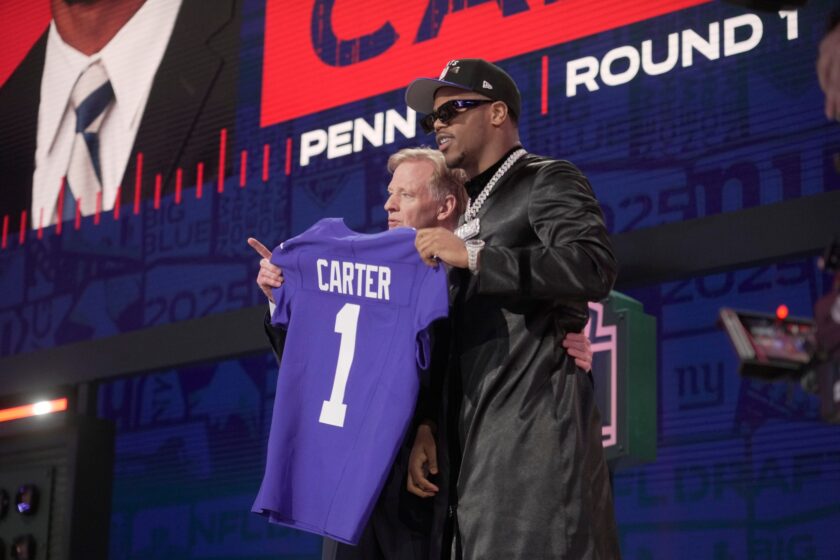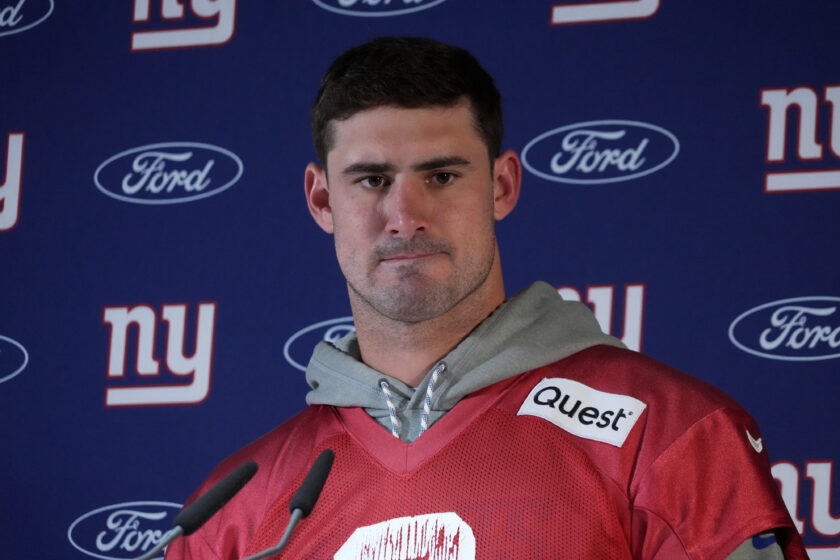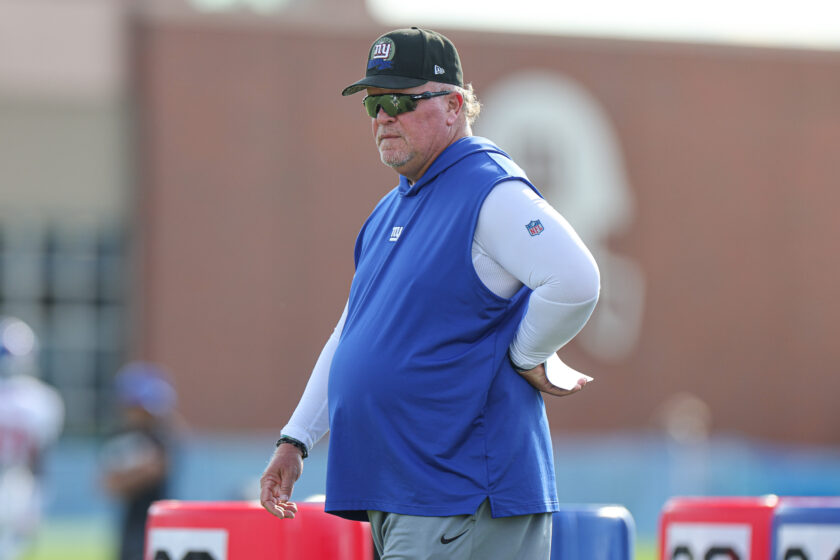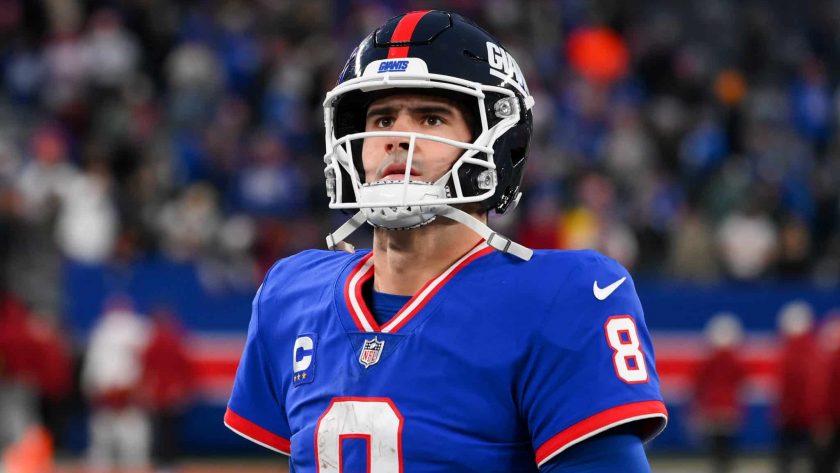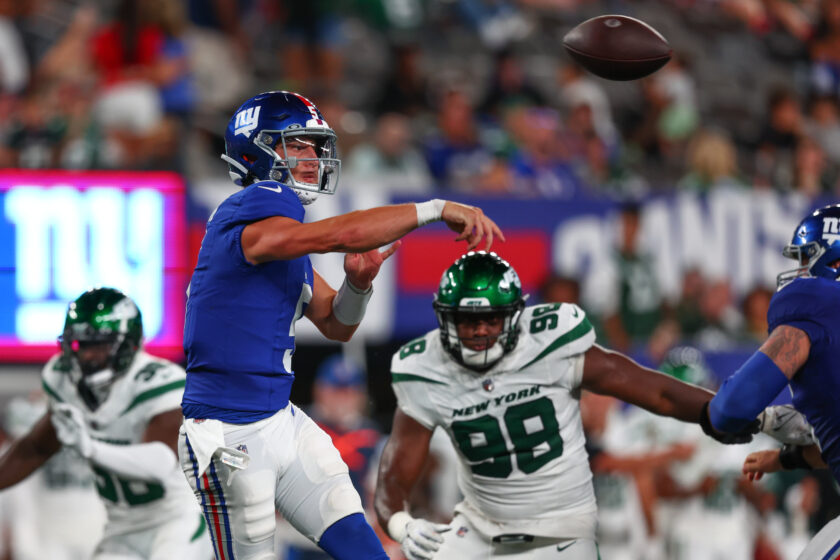New York Giants’ Sterling Shepard has fallen short of a go-to WR
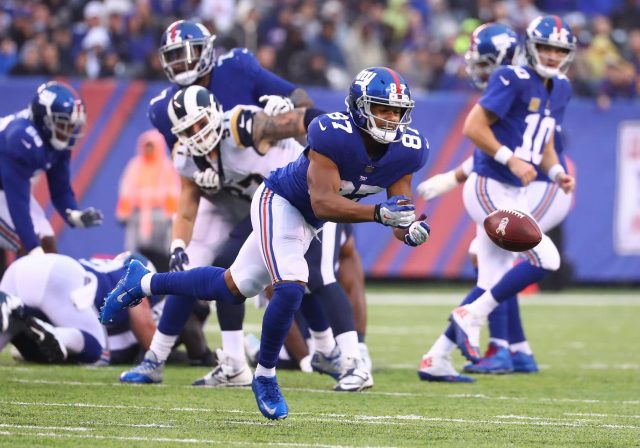
New York Giants’ wideout Sterling Shepard is not living up to the hype as being a go-to man for the team’s passing attack.
Sterling Shepard is looked upon as a bright spot for the New York Giants’ future. At 24-years-old, the second-year receiver has plenty of room for growth and is looked upon as a core piece to the team’s future.
Simultaneously, he hasn’t been able to serve as a legitimate and consistent go-to option for the Giants’ offense.
On Sunday afternoon, the New York Giants fell to the Dallas Cowboys, 30-10, falling to 2-11 on the season. Shepard, who is now the Giants’ number one receiver with Odell Beckham Jr., Brandon Marshall and Dwayne Harris down for the year with ankle injuries, put forth an unimpressive performance.
Finishing the afternoon with two receptions for just 16 yards, his struggles bled on, and it’s doing the Giants’ offense no favors. Going into the Giants rivalry matchup with the Cowboys, Shepard had put together only two truly great and/or high-level performances. Outside of his 142-yard game versus the San Francisco 49ers and the 133-yard game versus the Philadelphia Eagles — where he combined for a total 18 receptions — Shepard has been little to no threat.
Including Sunday afternoon vs the Cowboys, Shepard has totaled 43 receptions for 547 yards and just one touchdown — which came in his 133-yard game versus the Eagles. While those statistics and that production aren’t devastating, they do not represent a number one option or a player who is capable of being a focal point of an offense.
[sc name=”Giants Center” ]Shepard has been unable to get open, make himself a target down the field, has not been a red zone threat and has been taken down rather easily by defenders; he has also been unable to blow by cornerbacks. He has overall been mediocre in his sophomore year.
Going into the regular season, the Giants biggest asset was its receiving trio, which consisted of Beckham, Marshall and Shepard. With Marshall’s addition and Beckham’s continued presence, Shepard should’ve been able to capitalize on the chance to improve his game. Then, when both wideouts went down for the year, the expectation was that Shepard would step up and showcase an ability to be a number one target or someone who could be apart of some optimism going forward; in the nine games he has played, Shepard hasn’t shown he can be that high profile of a receiver.
Is the Giants historically bad offense, which is 31st in points scored (199), generated solely by Shepard’s play? No, of course not. It’s a collective struggle for the team, not the play of one position or player. Manning himself has made some questionable judgments on downfield passes, missed a number of wide-open targets and hasn’t been able to fire in passes like he has in the past. At the same time, the offensive line has been a liability.
While they have been better of late, the Giants’ O-Line has been unable to consistently hold their own and provide their offense with enough time to make things happen. As a result, the running game has been a casualty. Currently 28th in yards on the ground (1,171), the Giants’ run game has posed nowhere near a formidable threat; the Giants have simply been a mess and one of the league’s worst offenses. Simultaneously, it doesn’t mean individuals cannot be held accountable.
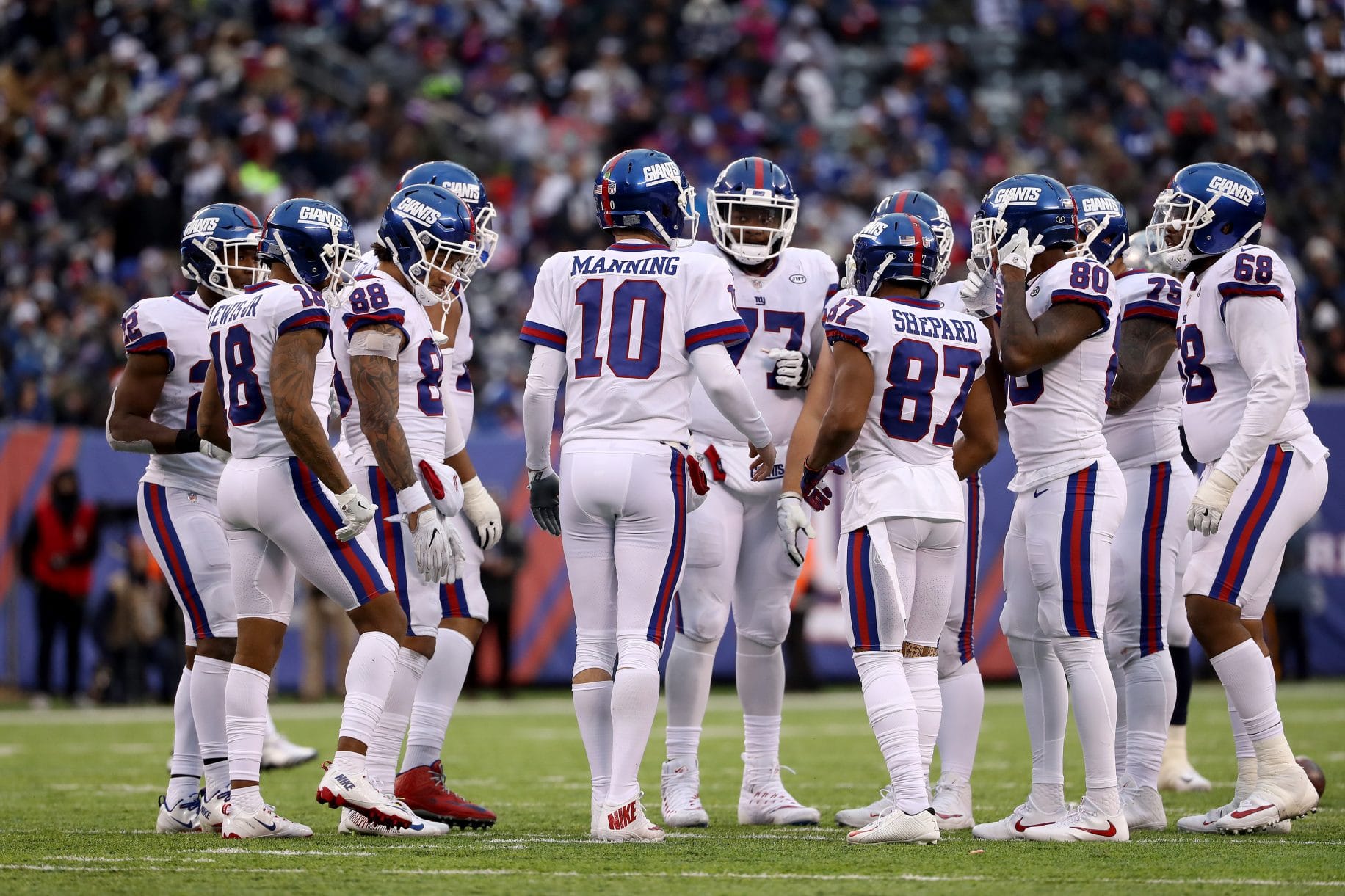
Shepard has not stepped up and filled the void created by injuries, or, at the very least, been a consistent, reliable option for Manning and the Giants’ passing attack. When Shepard was drafted out of Oklahoma in the second round of the 2016 NFL Draft, the Giants aspired for him to blossom into a focal point of their offense, capable of carrying the load for their passing game. And in his rookie season, he was very productive.
Reeling in 65 receptions for 683 yards and totaling eight touchdowns as the team’s number two option — behind Beckham — Shepard was a pleasant surprise for Ben McAdoo and the Giants offense in his first year with them. With McAdoo and general manager Jerry Reese now gone fishing, the Giants are in dire need of Shepard to pick up the slack for the offense going forward, no matter who is in place. They’ll be in search of an identity and a direction, making finding and holding onto young up and coming players a priority — such as Shepard.
The Oklahoma product is still young and has the potential to grow as a player; he needs to get quicker, become more skilled when it comes to getting separation from his cover and earn the trust of whoever is under center.
Shepard is not the sole reason for the Giants’ inability to pose an offensive threat, but his lack of growth and inability to be a consistent, go-to option in their passing efforts is alarming.
[sc name=”Giants Link Next” link=”https://elitesportsny.com/2017/12/10/new-york-giants-fans-geno-smith/” text=”Dear New York Giants fans, Leave Geno Smith alone” ] [sc name=”Giants Section” ]Robbie Stratakos is a New York Knicks/Giants Beat Writer for Elite Sports NY (ESNY); he also covers the NBA nationally. He previously wrote at Last Word On Pro Basketball and Empire Writes Back. In addition to writing for ESNY, Robbie is an MLB columnist at Baseball Essential. He previously wrote at HardBallScoop - part of Scout/CBS Interactive/247Sports, Last Word On Baseball and District On Deck. He is attending Mount Saint Mary College in Newburgh, New York. Follow him on twitter @RPStratakos

